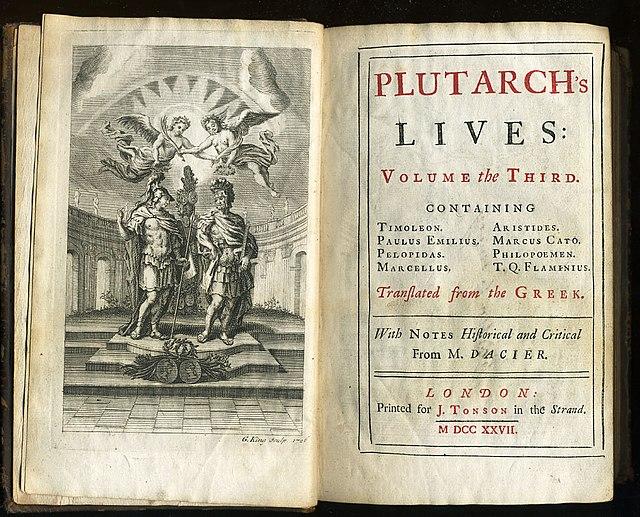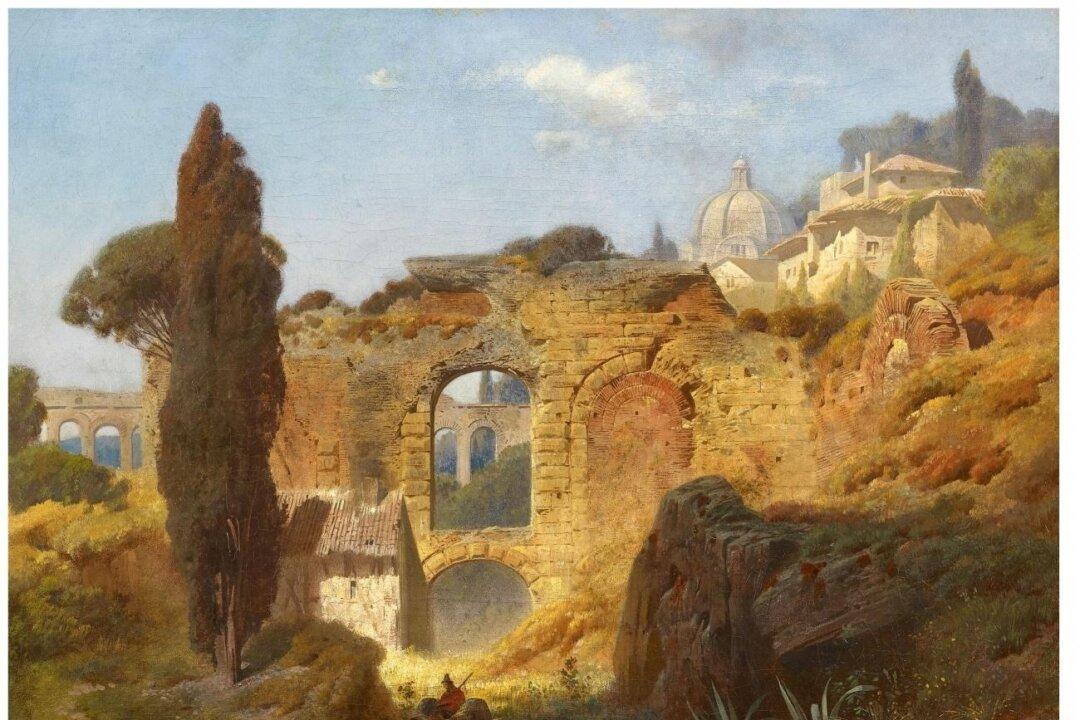“Every man is called upon to be a statesman seeing that every man and woman, too, has a share in the government of the country; but statesmanship requires imaginative conceptions, formed upon pretty wide reading and some familiarity with historical precedents.”Thus wrote Charlotte Mason, a turn-of-the-20th-century British educator, in her seminal work, “Towards a Philosophy of Education.” What truth these words still contain for us today!
As American citizens, we must understand that with rights come responsibilities, and we personally have a role to play in the proper functioning of our society. In the United States, some of our specific obligations include understanding how our system of government works, as well as educating ourselves during elections to vote for people we believe will best uphold the principles that our nation was founded upon and the system of government that our Founding Fathers established.




